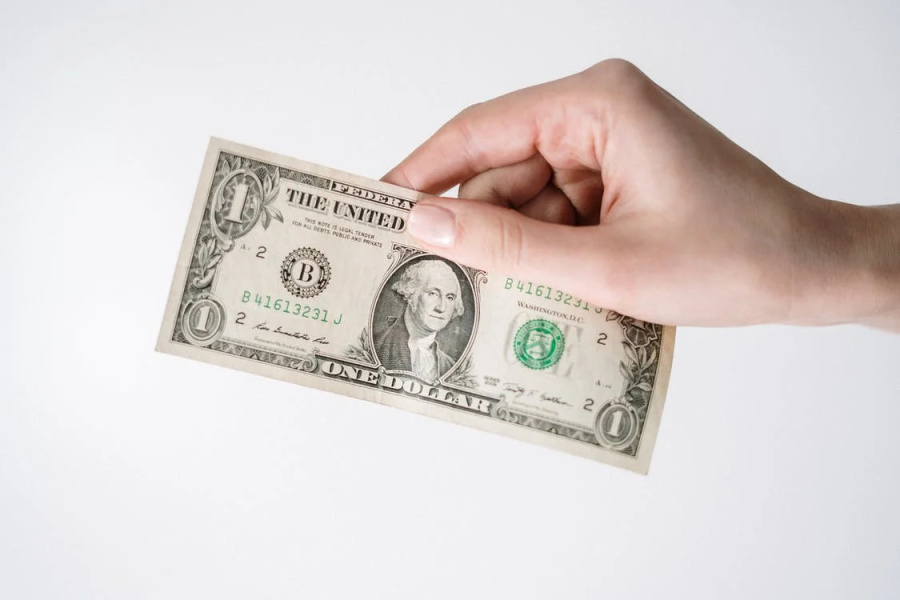7 Handy Tips to Keep In Mind When Looking for A Personal Loan
July 12, 2022
Financial humps are common obstacles in life. They’re often unexpected and challenging to get over. For example, medical emergencies can be financially draining, especially when you have no emergency funds. The same can be said for car breakdowns, home repairs, or even a holiday abroad.
Personal loans can be helpful in such circumstances. These financial products help you cover unexpected expenses, make a big-ticket purchase, or pay debt faster. The next time you need a bit of extra cash, consider applying for a personal loan.
We’ve put together some handy tips to help you through your application process.
Know Where Your Credit Stands
Before you start your search, it’s important to know your credit status. You can get a free copy of your credit report from TransUnion, Equifax, or Experian. You can see how much debt you have, how many accounts are open or closed, and your payment history on this report.
It’ll give you an idea of what lenders will see when they look at your application—and whether or not they’ll approve it. Also, you can get to know your credit score – a number between 300 and 850 that represents how good (or bad) your credit history is.
The higher your score, the better your chances of getting approved for a loan. But that’s not to say bad credit is an automatic no-go: many lenders specialize in lending money to borrowers with less-than-stellar scores.
Knowing all these details about your credit can help you make better decisions and avoid surprises.
Decide How Much You Need
Another thing to consider when shopping around for a personal loan is how much you need. Knowing your needs will make it easier to determine which lender offers competitive rates and terms and whether you can afford monthly payments.
For example, if your car needs $1,000 worth of repairs and you only have $500 in savings, it might be wise to apply for a smaller loan. On the other hand, if you are saving up for a down payment on a house or need money to pay off existing debt, you may want to consider applying for larger loans.
The key here is to be realistic about how much you need and what you can afford. Don’t go beyond your means, or you could end up in a worse financial situation than where you started.
Decide How You Want To Use The Personal Loan
While you can use personal loans for almost anything, there are a few exceptions. For example, some personal loans can’t be used to pay college tuition, a down payment on a home, or business expenses.
If you need money for any of these things, you may want to choose a different type of loan. But if they aren’t, then there’s no reason why you can’t use a personal loan as needed. You can even use it to start your retirement journey if you plan to never work again and live the rest of your life free of stress.
Use A Personal Loan Calculator
A personal loan calculator helps you estimate how much your monthly payment would be. Then, you need to input the loan amount, interest rate, and length of time you want to pay off your loan.
It’s a great way to see if you can afford the loan. Blankly borrowing will cause financial distress, so use an online calculator and get your finances in order before applying for a personal loan.
Start Shopping for Personal Loan Lenders
You should shop around and compare rates from several lenders before choosing one. You can find personal loan lenders in your area by searching online or on your local yellow pages. Once you’ve found some potential lenders, check out their websites and read any available reviews of their services. The more research you do now, the easier it’ll be to find a lender that meets your needs later.
Get Prequalified
Once you have a few potential lenders in mind, know if they offer prequalification. Generally, it means the lender has done a review of your creditworthiness to identify if you can qualify for the loan.
Prequalification won’t hurt your credit score. If you find a lender that offers it, take advantage of it and get a head start on finding out how much you can borrow and the interest rate. That way, you’ll have more time to shop around for the best deal on a personal loan before applying.
Gather Necessary Documentation
While every lender has different requirements, a few documents will be required to apply for a personal loan. First, you’ll need proof of income (e.g., your most recent pay stubs).
You’ll also need proof of identification and residency (such as your driver’s license and a copy of your lease or mortgage statement). Finally, you may be asked to provide an itemized list of all your debts and monthly expenses.
It’d be best to start gathering these documents now so you can submit them quickly and efficiently when it comes time to apply.
Final Thoughts
Personal loans are undoubtedly beneficial in many ways. However, you must get all of your facts straight before taking out a loan. The tips in our post can help you make an informed decision when it comes time to apply for a personal loan.







